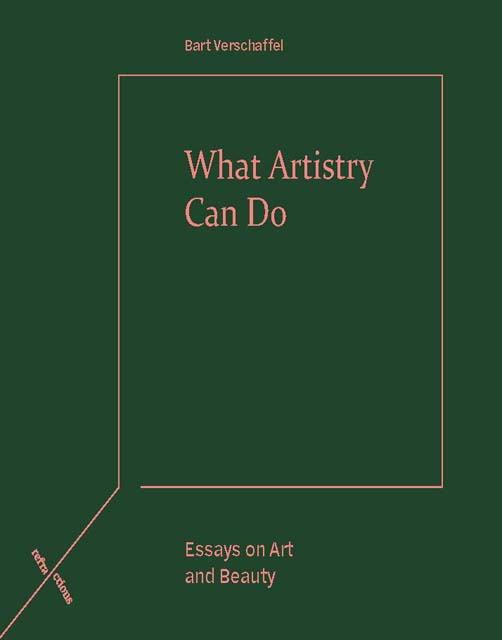6 - On Laughter, Opinions and Artistic Freedom
Published online by Cambridge University Press: 18 November 2022
Summary
We like neither the art nor the artists
(Nous n’aimons ni l’art ni les artistes)
Jacques VachéThe wise man does not laugh without trembling
(Le Sage ne rit qu’en tremblant)
Charles BaudelaireWhat Is There to Laugh About?
What happens when people laugh? I will start from Baudelaire's De l’essence du rire and draw in some basic ideas from anthropology and the theory and history of laughter.
Laughter is a sudden, spontaneous, delightful, eruptive body reaction. It is not a reasoned, voluntary action. One can certainly control and moderate laughter, one can hide and even amplify it, but one cannot induce it at will.Laughter always needs a trigger. Laughter is provoked and released: there is something that ‘makes’ one laugh. People laugh at something – but do they also (always) laugh because of something? Does laughter always have a cause or a good reason behind it, an appropriate object, such as a joke or a funny situation in the world? (This is what Baudelaire calls ‘meaningful comedy’ (‘le comique significatif’) or ‘comedy of manners’ (‘le comique de moeurs’): a superior laughter at what we consider ridiculous or comical.) There is such a thing as moderate, tame, civilised laughter as an appropriate response to the Witzigkeit of the joke or the comic content of what one sees or experiences. Sigmund Freud has shown, however, that even the pleasure taken in the seemingly refined Witz is not exclusively or primarily about laughing at the funniness; other mental mechanisms are at play. Humour is (also) a pretext to laugh. There is, indeed, something threatening and uncanny about laughter: the outburst always tends to outstrip its cause and cease to be proportionate to or motivated by that object. A wild joy, an irreverent and unlimited life force breaks through in laughter, ‘something terrible and irresistible’. The laughter, which seems to ‘behave’ in refined Witzigkeit, becomes an uncontrolled physical eruption of mental energy that is experienced as a liberation, akin to a tension or pressure that has found a way to discharge itself. (Baudelaire links this ‘boundless laughter’ and the breaking through of this joyful, creative energy to a ‘fierce and absolute comedy’ (‘comique féroce’ and ‘absolu’).)
In her study on laughter in the history of religion, Ingvild Gilhus characterises laughter as ‘a voluntary and extreme opening up of the human body’. People laugh with their mouths open.
- Type
- Chapter
- Information
- What Artistry Can DoEssays on Art and Beauty, pp. 65 - 90Publisher: Edinburgh University PressPrint publication year: 2022



